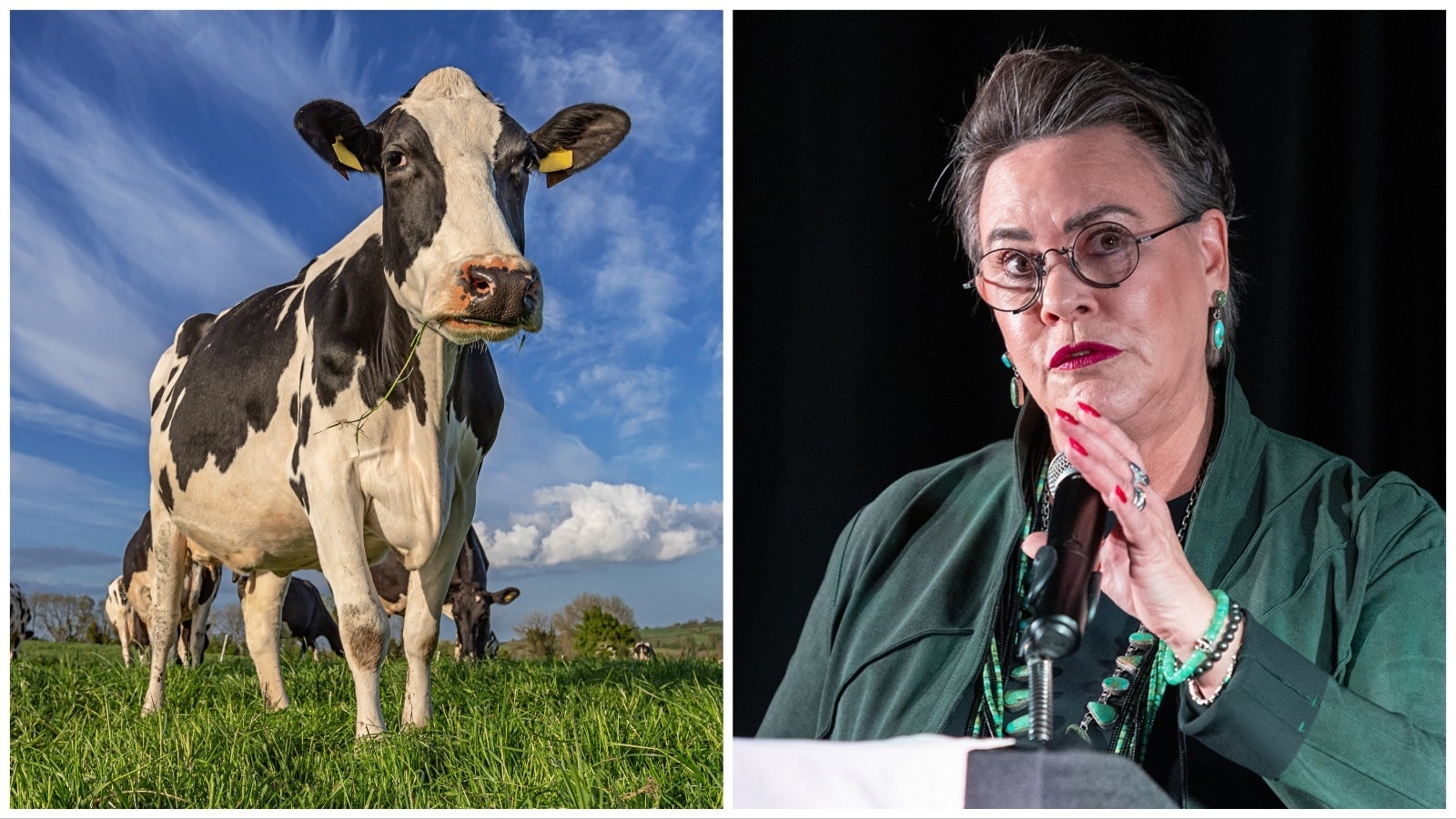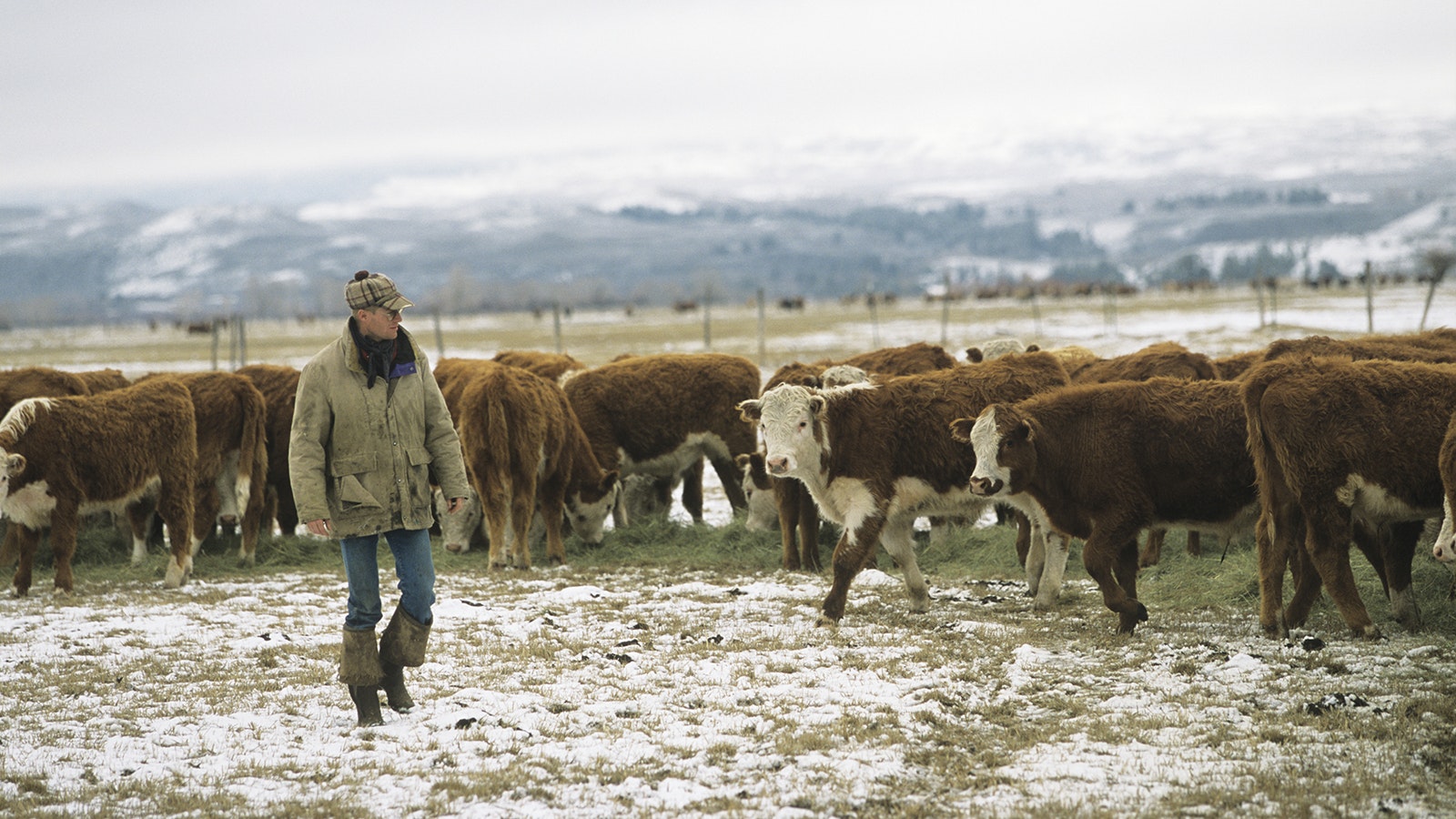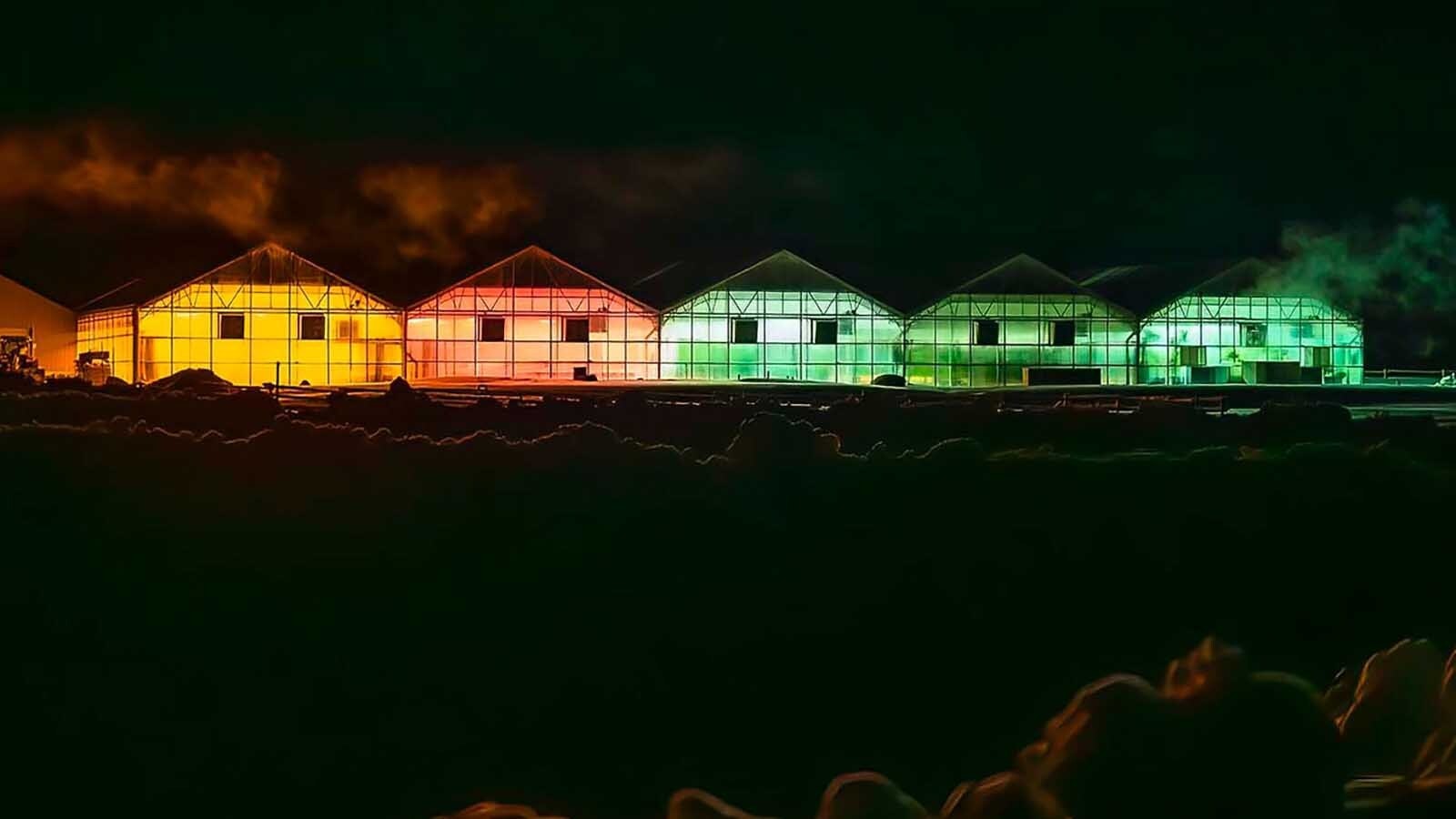Politicians at odds with European Union plans to reduce cattle herd numbers to save the planet from climate change say the idea is like eating a whole carton of ice cream and blaming it on the spoon.
It’s a plan that doesn’t quite circle back to a logical conclusion, according to recent column from U.S. Rep. Harriet Hageman, R-Wyoming, published by Fox News.
Hageman wrote that Americans should take notice of the plan supported by leftist European Union politicians because some U.S. political leaders support the same line of logic — that reducing the number of cows on farms is a solution to carbon emissions.
In news clip accompanying Hageman’s column, Irish politician Peadar Toibin said the plan to reduce cattle herds in Ireland by 200,000 head by 2025 will result in the country importing beef from Brazil, which will have a no overall effect on carbon emissions.
According to Reuters News, the Dutch government in May also announced a plan to use $1.6 billion to buy out cattle herds and reduce the country’s numbers.
In the U.S., Special President Envoy for Climate John Kerry and Microsoft billionaire Bill Gates also have voiced support for reducing cattle herd sizes as a solution to greenhouse gas emissions.
Not A Solution For ‘The Real World’
Hageman wrote that this is another example of “the left inadvertently telling the truth about what they had in store for those of us in the real world.”
It started in 2019 with the introduction of the Green New Deal and associated documents supporting the idea that eradicating methane-farting cattle over an unspecified period of time is a clever way to get to net-zero emissions, Hageman said.
The following statement, according to Hageman, comes from a document posted by Congresswoman Alexandria Ocasio-Cortez, D-New York, that has since been deleted: “We set a goal to get to net-zero, rather than zero emissions, in 10 years because we aren’t sure that we’ll be able to fully get rid of farting cows and airplanes that fast.”
According to Hageman’s column, Irish farmers are in the process of buying more land to keep their cows, paying someone to haul away their cow manure or liquidating some of their herds. For some, slaughtering cattle is the only option.
“In fact, Irish media reported this month that farmers estimate that as many as 41,000 cows could be killed in the next 10 weeks as the entire agriculture sector struggles to meet the new requirements,” Hageman wrote.
About Those Ear Tags
Ireland’s minister for agriculture announced a new mandate last year requiring electronic ear tags for all cattle.
Hageman is opposed to mandatory electronic ear tags in the United States. She said the proposal is invasive to cattle ranchers’ privacy and isn’t needed for disease tracing because of high standards in the U.S. cattle industry.
Wyoming Stock Growers Association Executive Vice President Jim Magagna said Hageman is correct to point out that something like this could happen here and that U.S. cattle ranchers should pay attention to it.
But tying culling cattle for climate benefits with electronic identifying ear tags is shortsighted, Magagna said.
“It’s a bit of a stretch to try to tie this to USDA efforts to use electronic identification,” Magagna said. “If done the right way, and done voluntarily, electronic ID could help with disease outbreaks.”
He said during a mad cow disease (bovine spongiform encephalopathy or BSE) outbreak in 2003, cattle movement in the U.S. was shut down and it took 20 years to regain lost export sales.
Less Carbon From Western Cows
Cattle grazing in the Western states, where animals aren’t heavily concentrated, enhances carbon sequestration and builds plant communities, he said.
“I can’t imagine consumers giving up hamburgers or steaks over this, but we as an industry need to be aware of what’s going on and be more motivated and aggressive in telling our story,” Magagna said.
Near the end of her column Hageman states there is a “special place in hell for liberal elites who intentionally drive up the cost of food.”
Wyoming Farm Bureau spokesman Brett Moline echoed those sentiments.
“This just puts more burden on consumers and for what positive effect?” Moline asked. “What was our carbon footprint when there were millions of bison roaming the plains?”





